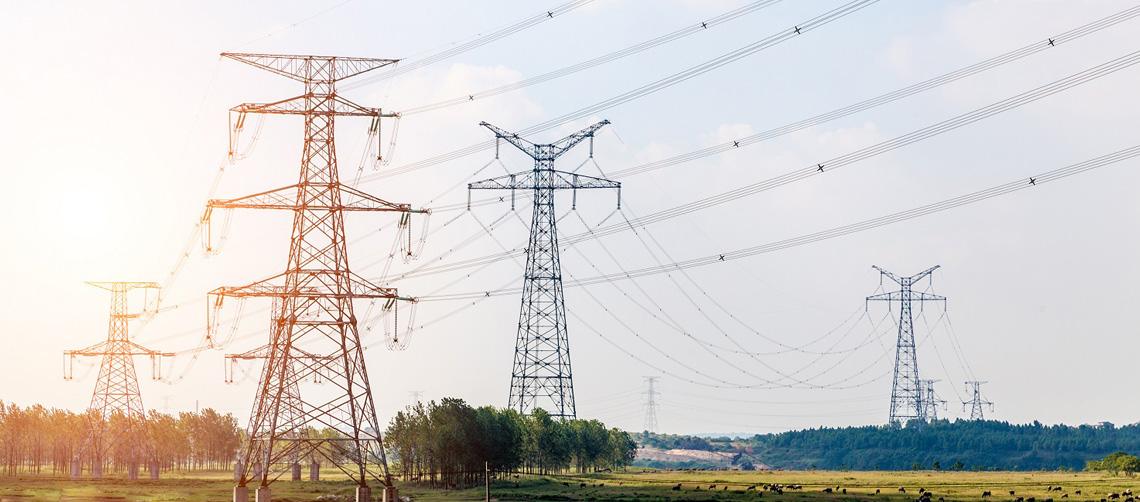The Modi government, in its last full-term Budget before the 2019 general elections, should look at easing capital raising norms for infrastructure investment trusts to boost their growth prospects going forward, says Harsh Shah, Chief Executive Officer and Chief Financial Officer at IndiGrid, India’s first InvIT.
“There are a few policy initiatives required in the Budget to improve the markets for InvITs. For instance, the current 49 per cent cap on the leverage required for InvITs is inhibiting their growth. These funding constraints are also affecting issuances of new trusts. We simply expect the finance ministry along with (markets regulator) Sebi to consider raising this limit to 60-70 per cent in the upcoming Budget,” Shah said.
InvITs are structures similar to mutual funds which allow investors to pool in money in underlying infra assets and earn fixed returns on them. These products are required to maintain debt to equity ratio at 49:51. However, InvITs have so far failed to garner enough interest among the investor community. Since 2014, when the Sebi first came up with the InvIT guidelines, only two trusts have come into existence in the markets, IndiGrid and IRB InvIT. Both are currently trading way below their issue prices.
“Infrastructure projects in India are normally levered up to 70-75 per cent. However, limiting it to 49 per cent in case of InvITs reduces the returns for investors substantially,” Shah argued. He suggested that the government, while looking at easing the capital requirements, may maintain other standard norms for InvITs such as the need for them to be AAA-rated or to take necessary approvals from shareholders in case they are wanting to use this additional proposed leverage. IndiGrid is itself rated ‘AAA’ by rating agencies.
Such steps if taken in the Budget will make capital raising exercise more fruitful for InvITs and make the products more attractive for investors, he asserted.
In his wish list for the Budget, Shah also proposed an exemption of long term capital gains tax on investments made into invITs. He vehemently argued that since infrastructure investment trusts are new products, they do require adequate support on the tax front. “If the long-term capital gains tax is waived on these products, it will generate interest from wider set of investors and public in general. The finance ministry should consider that,” he said.
Currently, section 54EC of the Income Tax Act, 1961 provides for such tax exemption but only in cases where capital gains are invested in certain assets like bonds of National Highways Authority of India or Rural Electrification Ltd, and not in units or papers of InvITs.
IndiGrid is sponsored by Sterlite Power and owns 13 transmission lines along with 3 power substations across the country. It plans to achieve Asset Under Management (AUM) of Rs 30,000 crore by 2021-22. The company currently has an asset base of Rs 5,300 crore.
Read more: ET CFO

 Please wait...
Please wait...